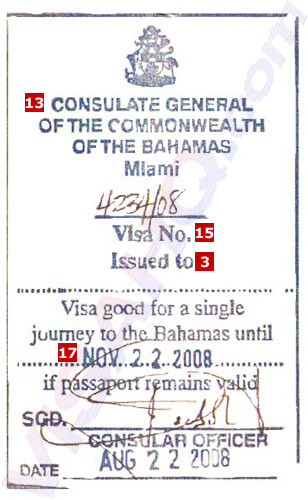Bahamas Embassy list in Malawi
Need help?Chat with us
Importance of Trip Registration at the Bahamas Embassy
Registering your trip with the Bahamas embassy is crucial for ensuring safety, effective communication, and access to support during emergencies. In case of natural disasters such as hurricanes or earthquakes, registration provides the embassy with your whereabouts, allowing them to reach out and assist you swiftly. Similarly, during instances of political unrest, having your trip registered helps the embassy facilitate evacuation or advise on safe zones. In the event of a medical emergency, the embassy can coordinate with local healthcare services and ensure that you receive the necessary medical attention. Knowing that the embassy has your travel information fosters peace of mind, enabling you to focus on enjoying your time in the Bahamas while being assured of support in times of need.
Bahamas Embassy FAQs
Can the Bahamas embassy assist in legal issues abroad? Yes, the Bahamas embassy can provide guidance and support in legal matters, including referrals to local legal practitioners.
What should I do if I lose my Bahamas passport in Malawi? If you lose your Bahamas passport in Malawi, report the loss to local authorities and then contact the Bahamas embassy for assistance in obtaining a replacement passport.
Can the embassy help with travel safety tips? Yes, the embassy offers travel alerts and safety updates to help travelers stay informed about safety concerns and best practices during their stay.
Does the embassy offer assistance to Bahamians detained abroad? Yes, the Bahamas embassy can provide support to nationals detained abroad, including legal assistance and communication with local authorities.
Services Provided by Bahamas Embassies in Malawi
Passport Services
- Issuance of new passports
- Renewal of existing passports
- Lost passport replacement
Visa Issuance for Foreign Nationals
- Processing visa applications for foreign nationals visiting the Bahamas
Assistance in Legal or Medical Emergencies
- Support with legal issues
- Coordination with local medical services in emergencies
Travel Alerts and Safety Updates
- Providing current travel advisories and safety information
Support for Nationals Detained Abroad
- Assistance for Bahamian citizens in custody or facing legal challenges
Summarized Diplomatic Presence
The Bahamas maintains a vital diplomatic presence in Malawi through its embassy, which plays an essential role in fostering international relations between the two nations. The embassy is primarily situated in Lilongwe and provides various services aimed at supporting Bahamian nationals in Malawi while facilitating bilateral cooperation in areas such as trade, culture, and tourism. This diplomatic presence is crucial, as it ensures that citizens receive assistance, advocates for their rights abroad, and enhances the understanding between the people and governments of both countries.
